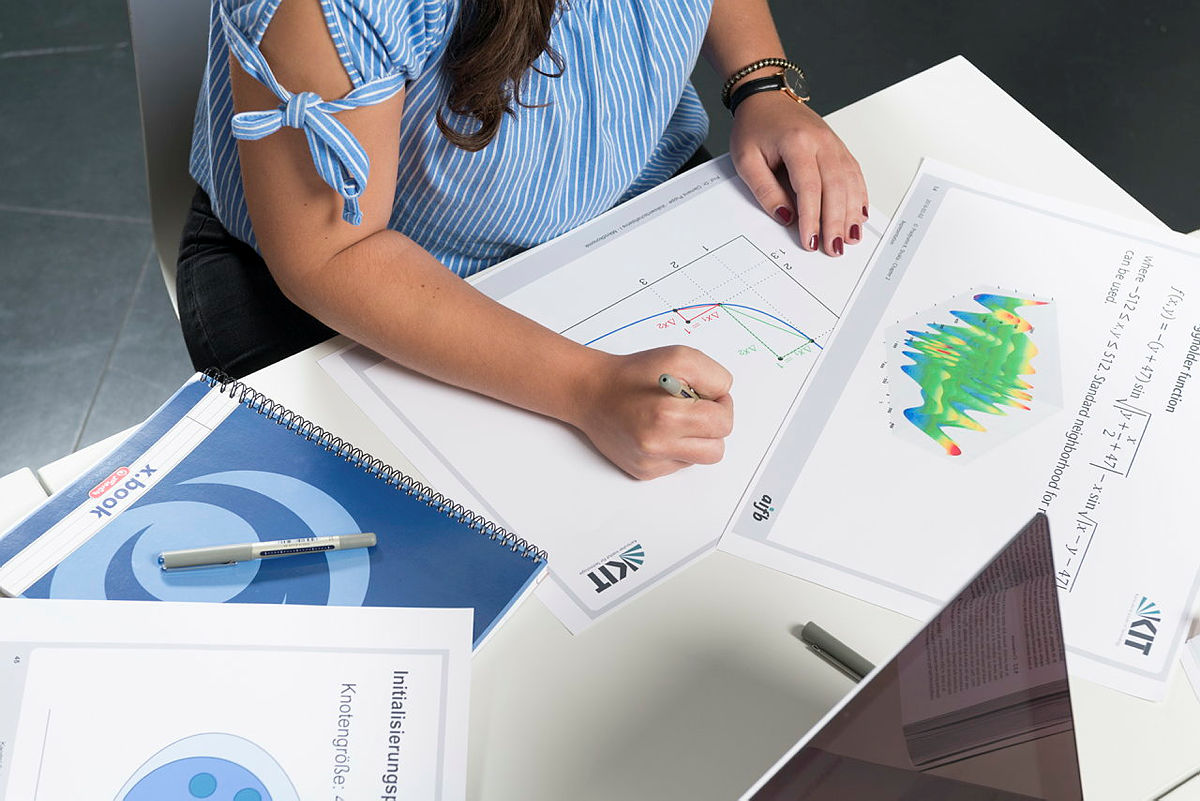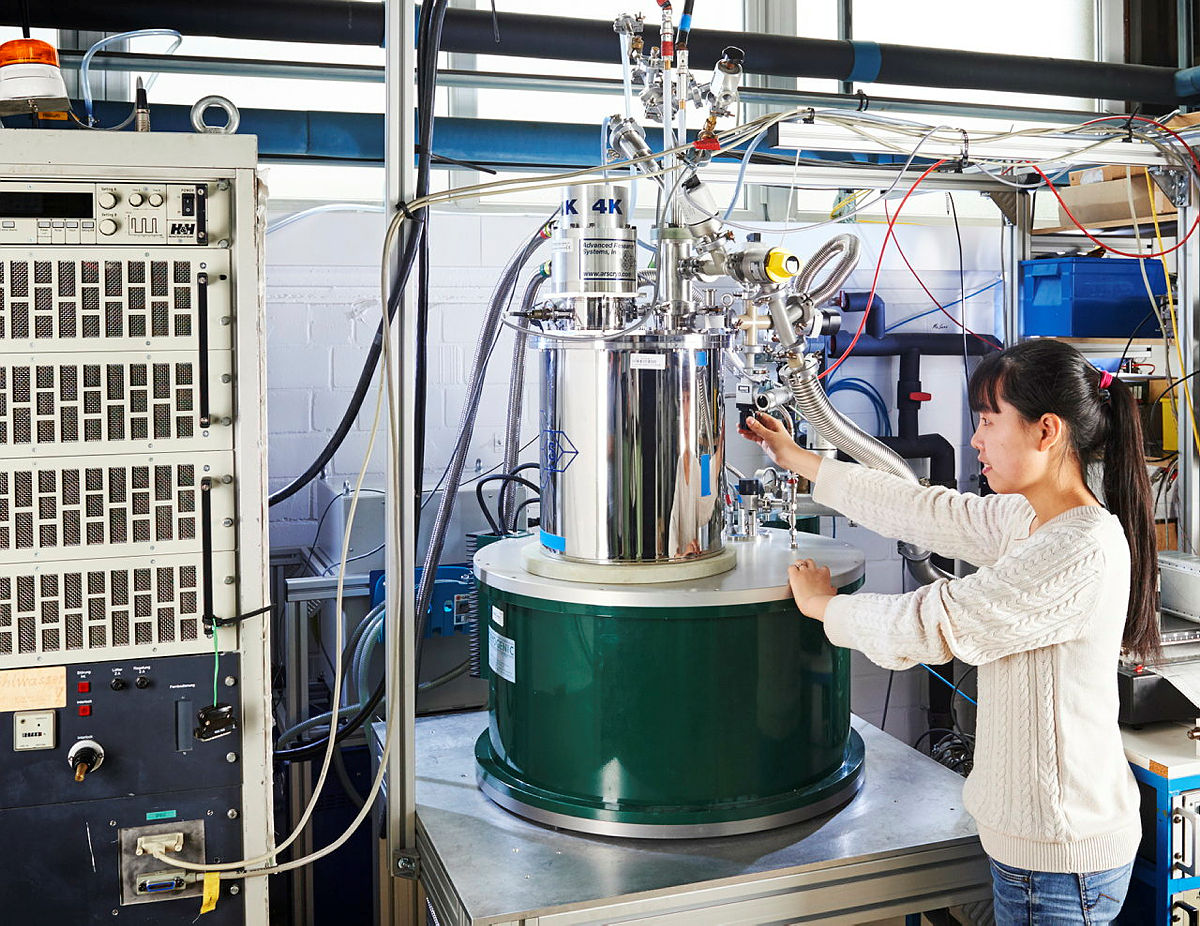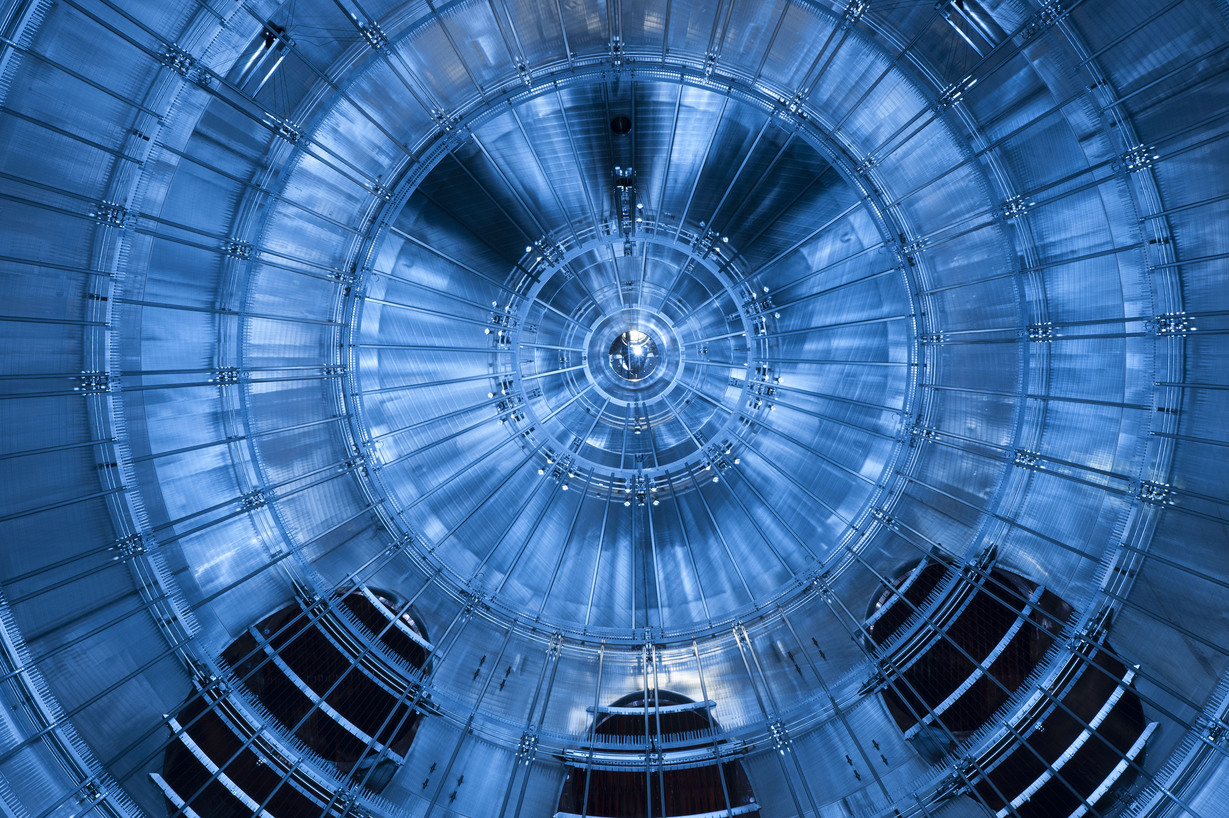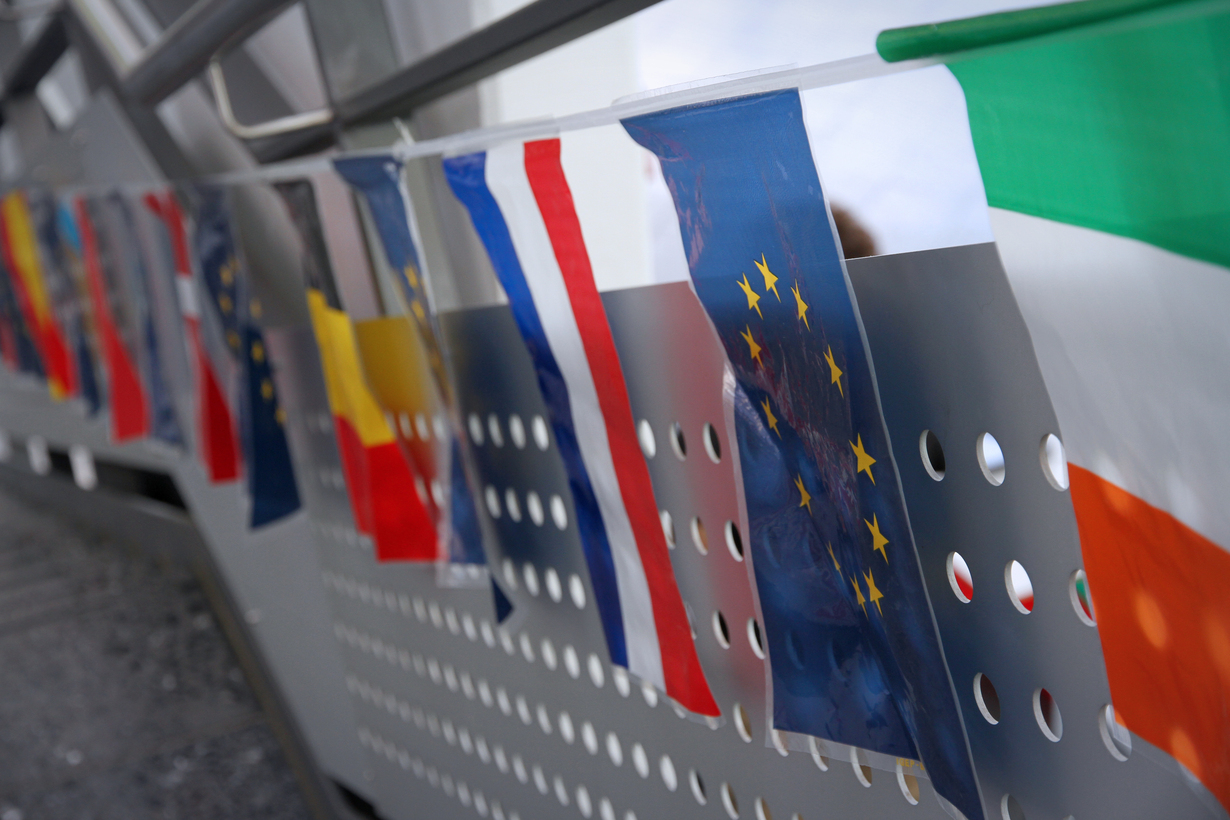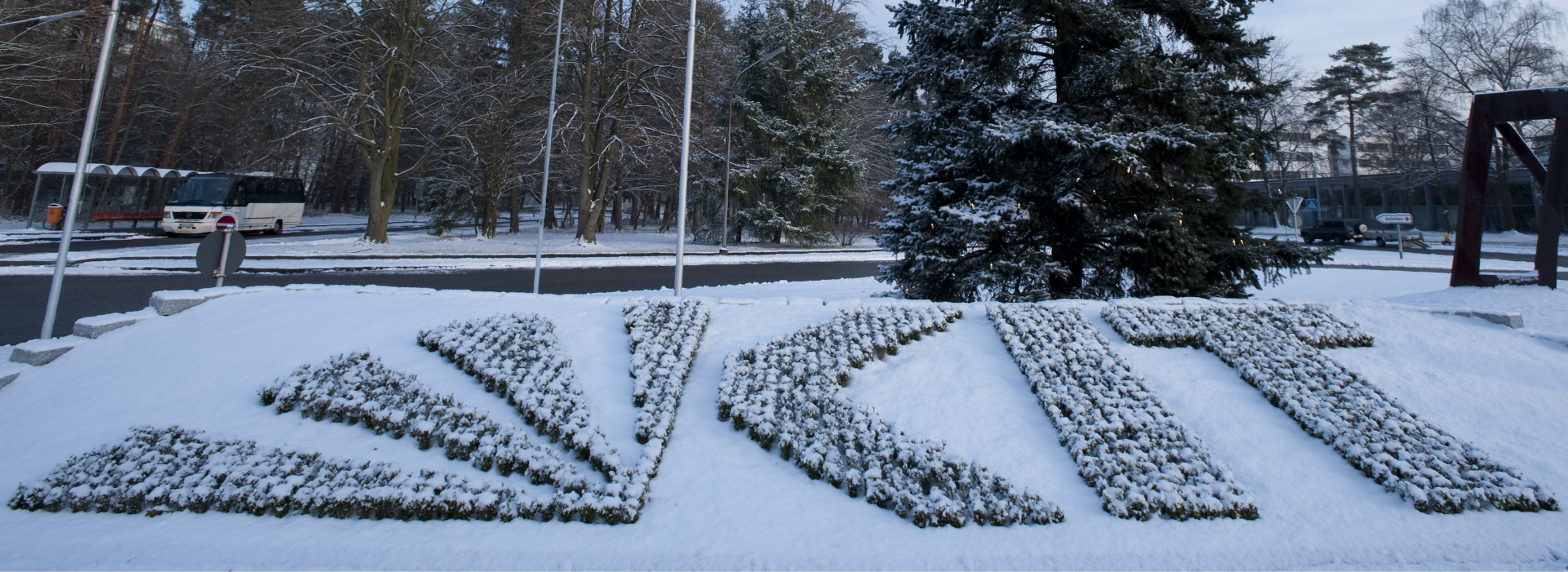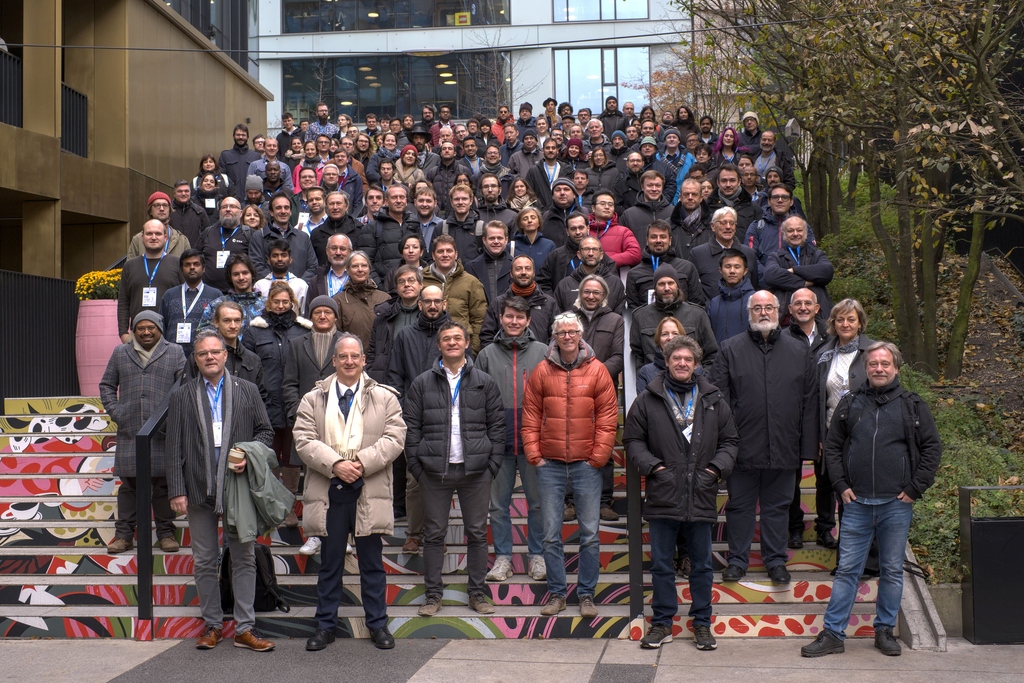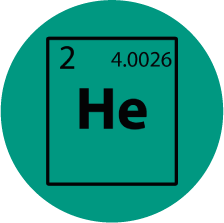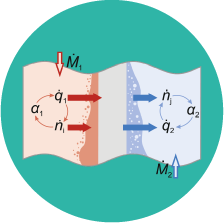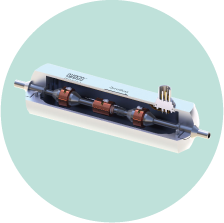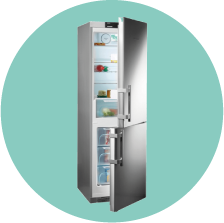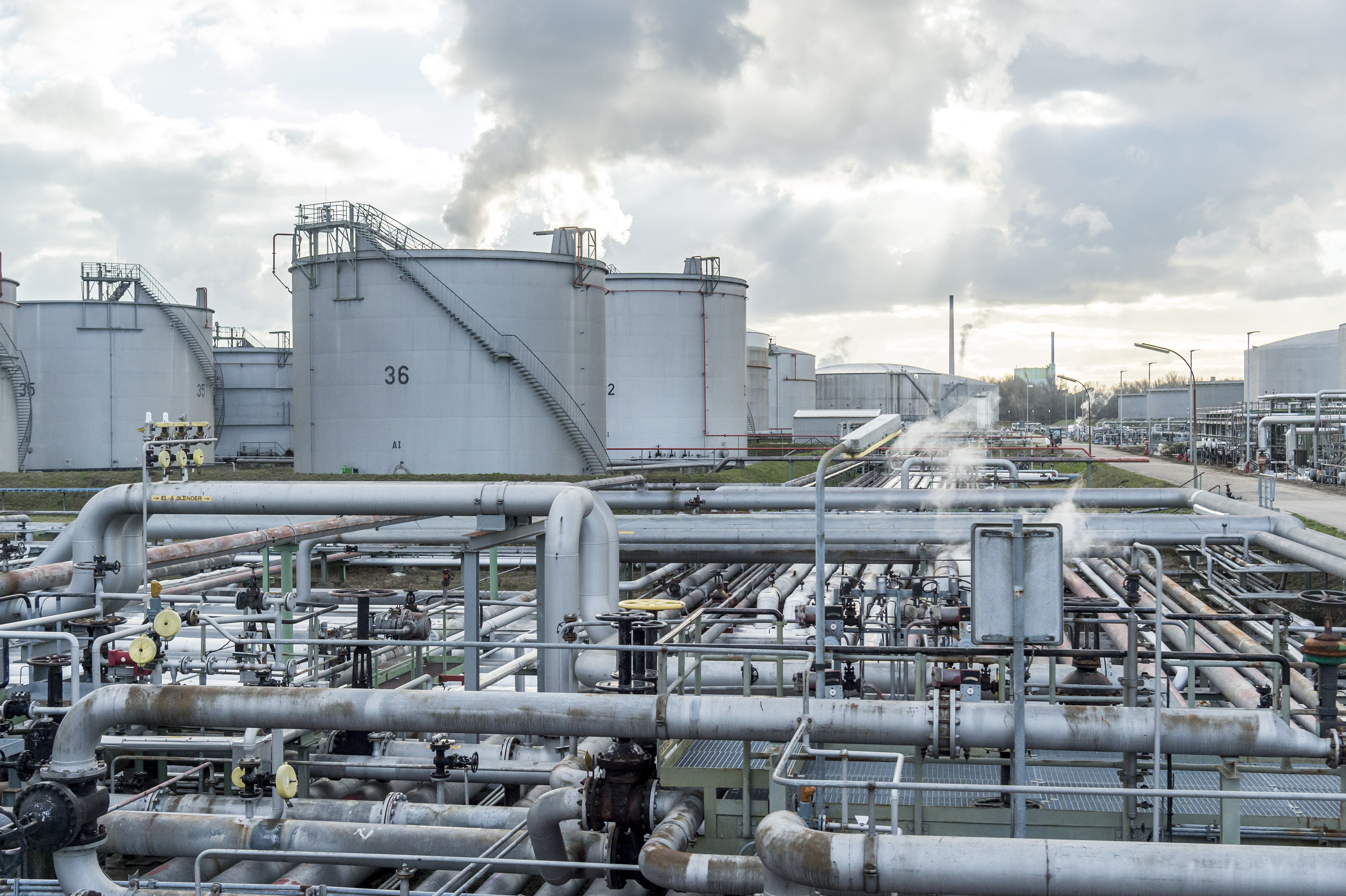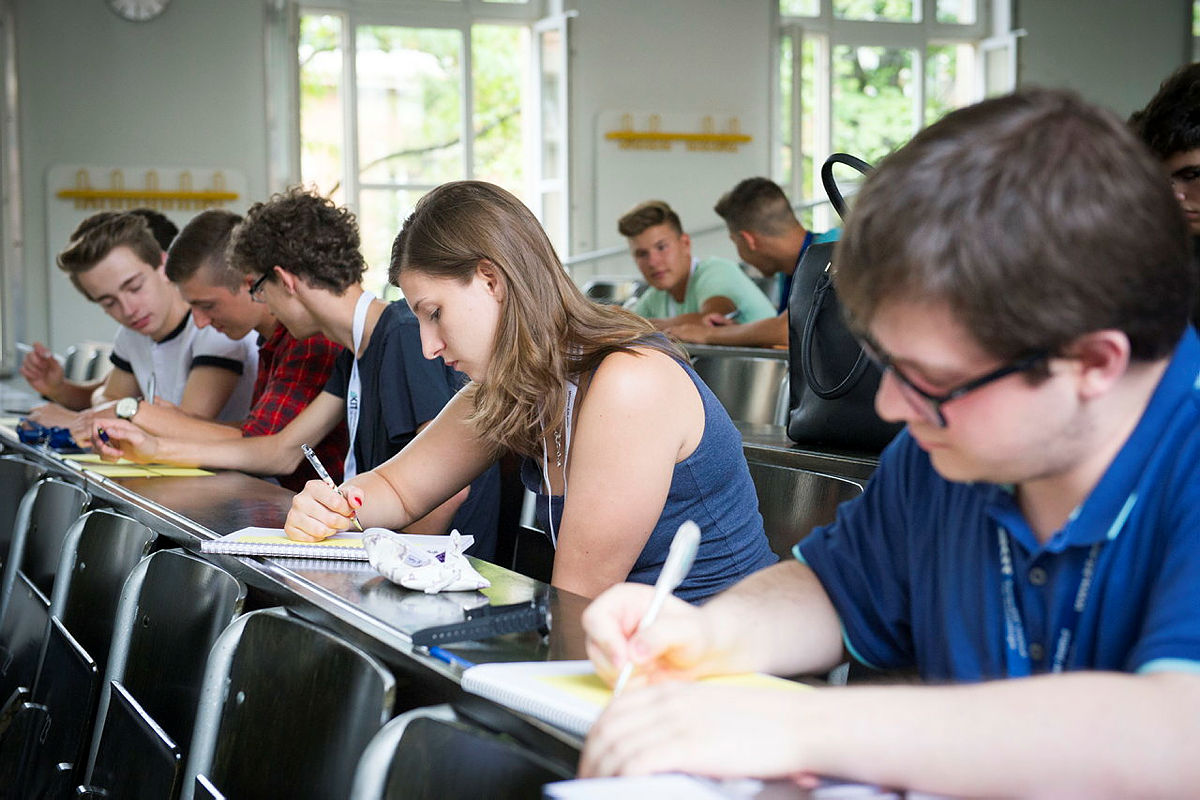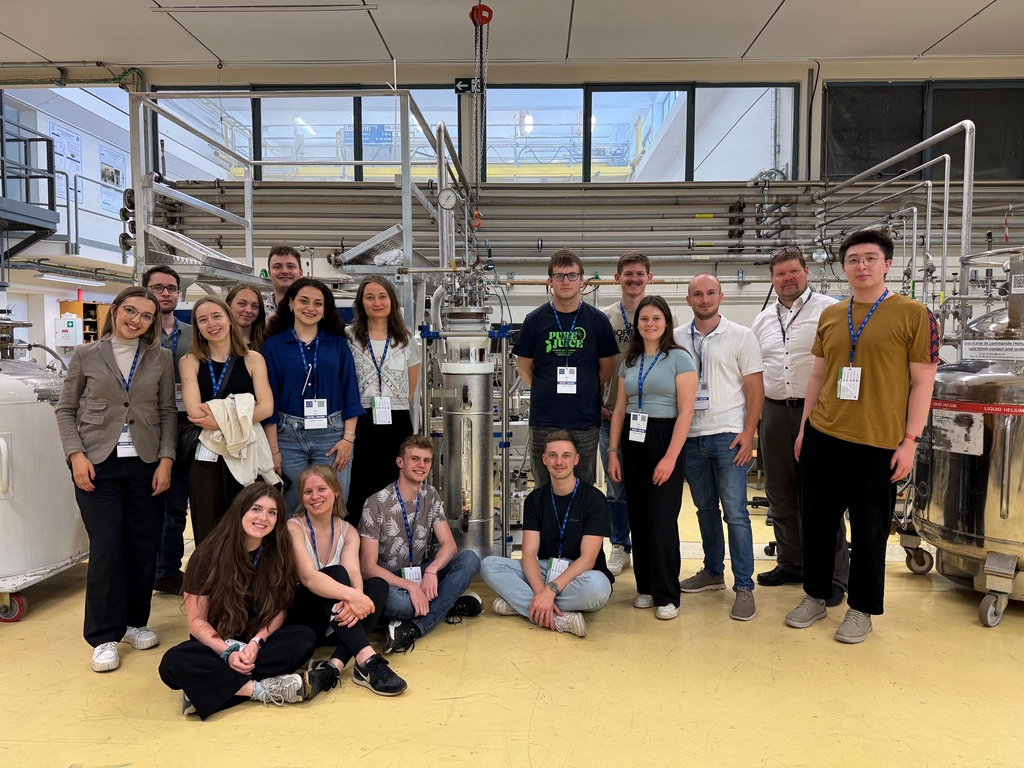
During this year's CERN excursion, our students witnessed the generation of superfluid helium (He-II) in the Cryolab, seeing some of its astonishing properties with their own eyes. We also visited a large cryogenic test facility for the LHC high-luminosity upgrade in SM18, and the new CO2 cooling system for ATLAS.
On the way back from CERN, we visited the Proton Therapy Center at the Paul Scherrer Institute (PSI) in Switzerland, where we also learned a lot about its cryogenic helium infrastructure.
Learn more
On 25-27 March 2025, our team coordinated and contributed to the essential discussions between experts in the field on the baseline design of the ET-LF tower integration in the cryogenic interferometer of the Einstein Telescope. The workshop took place at the IJCLab on the Orsay campus of the Paris-Saclay University and is the second of its kind.
Learn more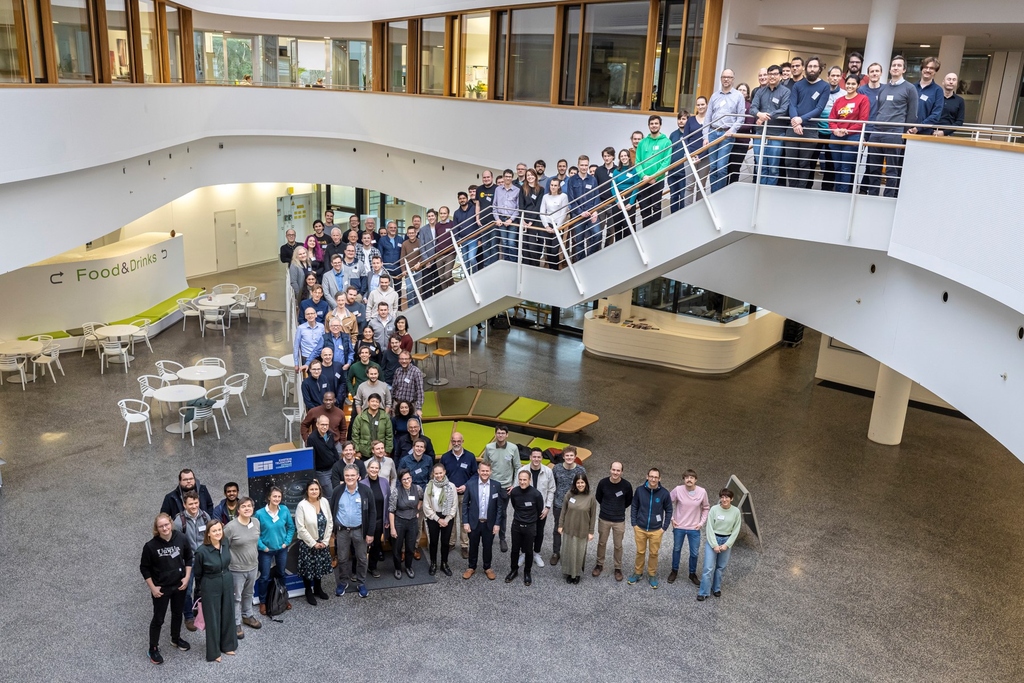
The Einstein Telescope German Community Annual Meeting 2025 took place at DESY, Hamburg, on January 30-31.
Learn more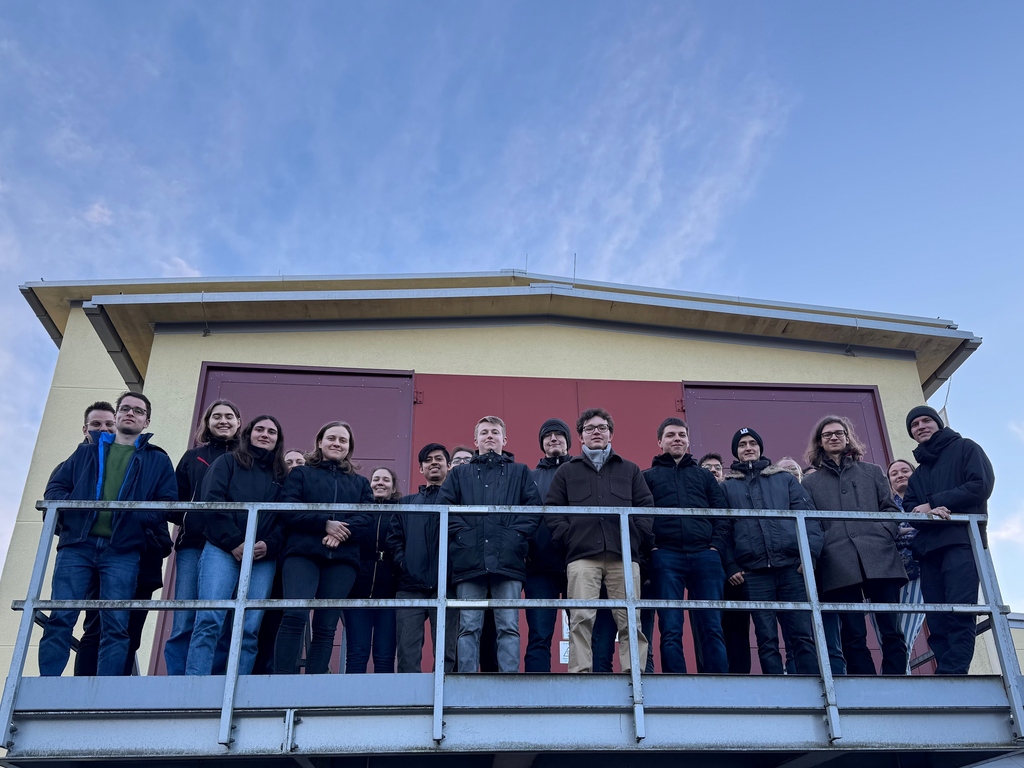
On 28 January 2025, our yearly excursion took place to the Tritium Laboratory and the KATRIN experiment at Campus North within the „Kältetechnik A“ and „Cryogenic Engineering“ lectures.
Learn more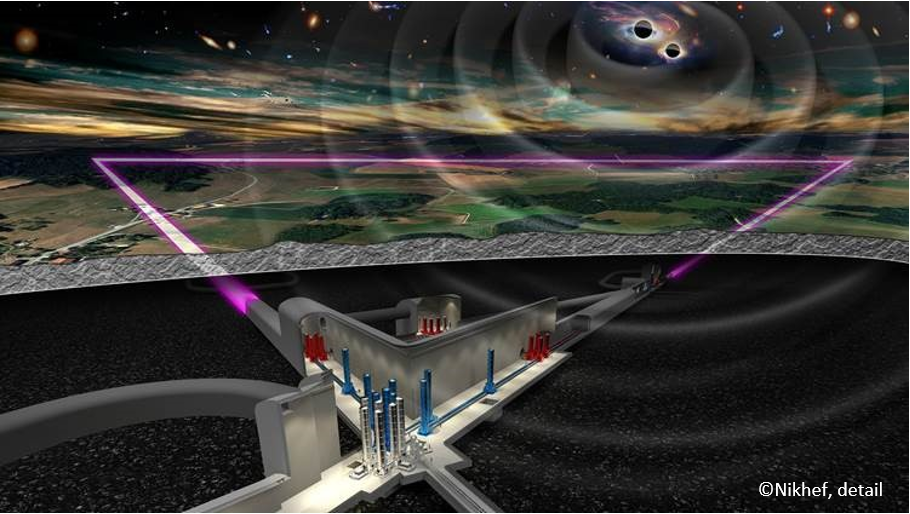
The Einstein Telescope (ET) is a proposed underground infrastructure to host a third-generation, gravitational-wave observatory. It builds on the success of current, second-generation laser-interferometric detectors Advanced Virgo and Advanced LIGO, whose breakthrough discoveries of merging black holes and neutron stars over the past 5 years have ushered scientists into the new era of gravitational-wave astronomy.
Details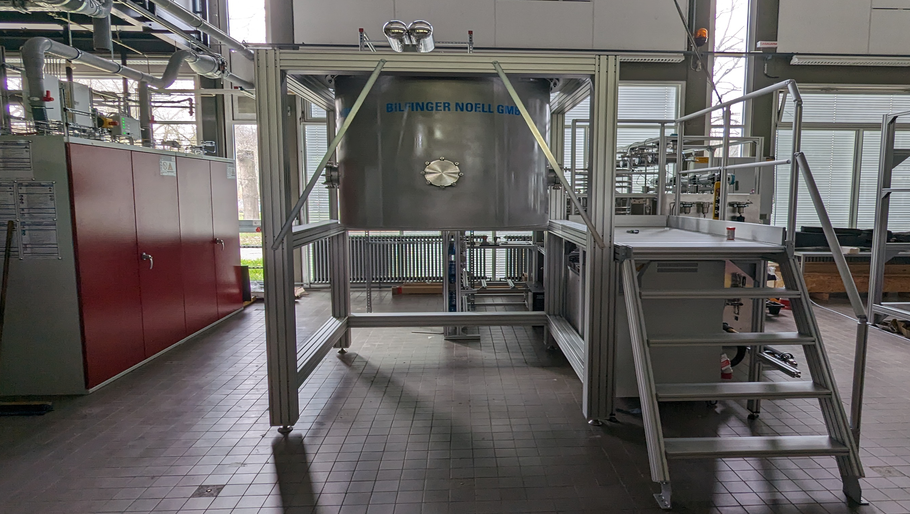
Refrigeration processes operated with wide-boiling refrigerant mixtures known as cryogenic mixed-refrigerant cycles (CMRC) are an attractive technology for providing cooling capacity in the temperature range between 80 K and 200 K.
Details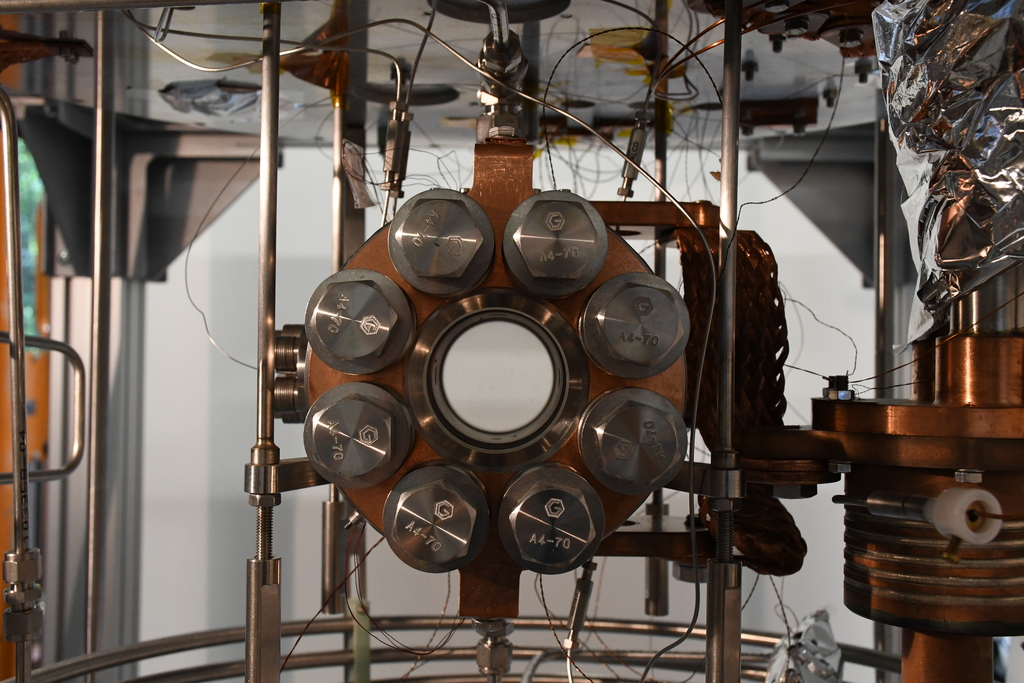
The properties of cryogenic fluid mixtures are of fundamental importance for the development and optimisation of closed-cycle cryogenic cooling systems needed for applications of high-temperature superconductivity (HTS) and for the liquefaction or re-liquefaction of low-boiling fluids.
Details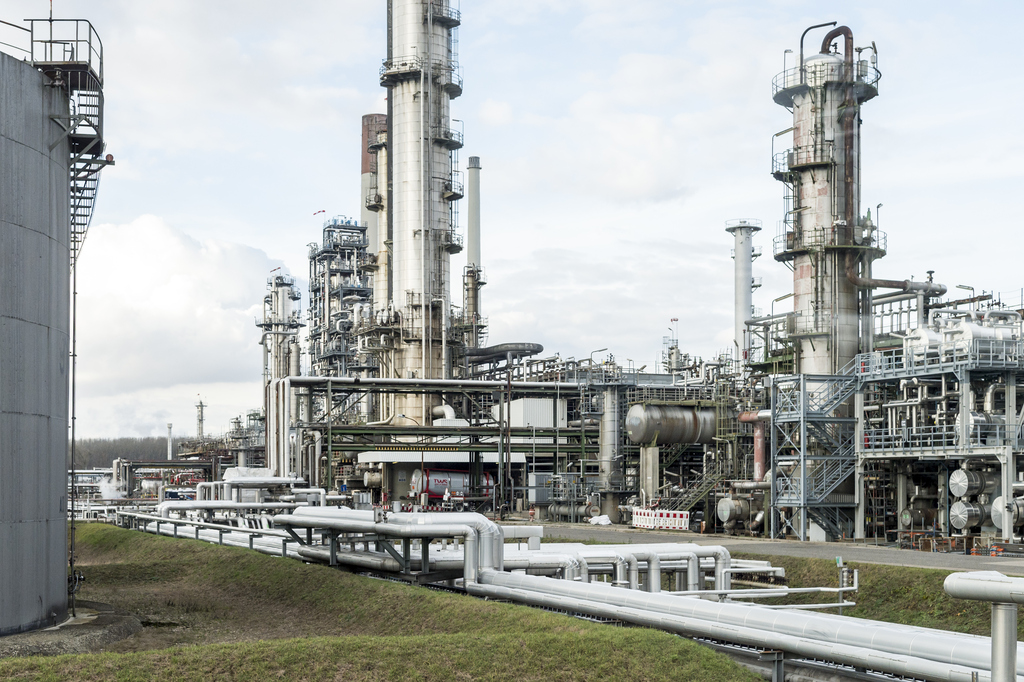
Details


